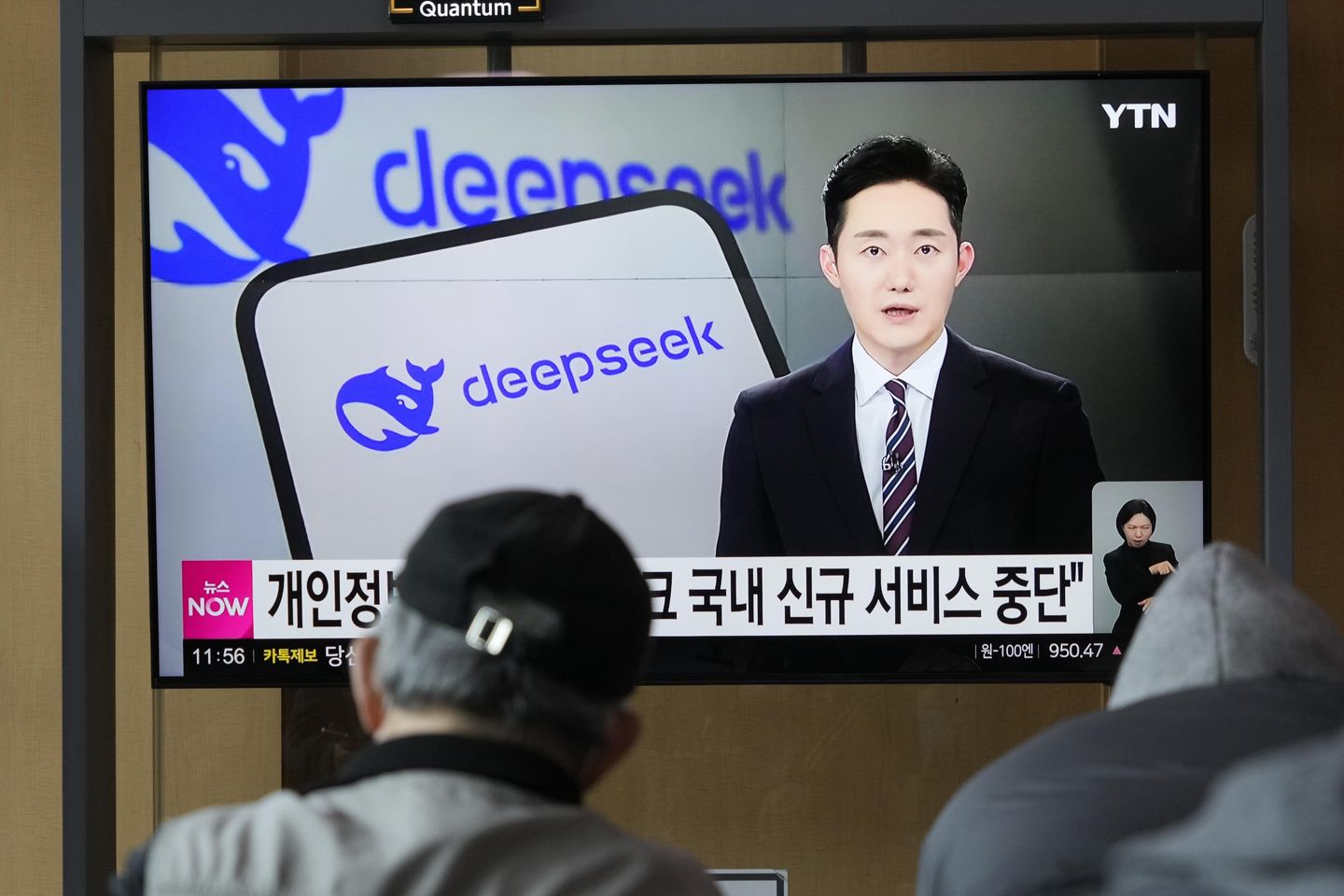
China is quietly making quantum computing advances and may be poised to surpass American tech development, according to U.S. intelligence community veteran Denis Mandich.
National security professionals are preoccupied with the potential arrival of a cryptanalytically relevant quantum computer, a theoretical machine poised to eliminate the encryption securing financial systems and state secrets.
Mr. Mandich, now chief technology officer at Qrypt, told lawmakers on Tuesday the world is “likely going to experience a DeepSeek moment in quantum computing” where those outside China will suddenly become aware of the communist country’s tech prowess.
The emergence of a powerful artificial intelligence model from China’s DeepSeek caught some national security professionals off guard earlier this year and briefly panicked the stock market.
Mr. Mandich told House Oversight and Government Reform Committee lawmakers that Chinese intellectual property theft is enabling the growth of its quantum industry.
“They have access to everything that we’ve ever done in all of our companies; all of our companies have been penetrated, as far as we know, many of their employees are in China,” Mr. Mandich told lawmakers. “In many cases, those employees actually physically work from remote locations in Chinese intelligence agencies, not even in the private sector.”
Mr. Mandich did not disclose the nature of his work in the intelligence community during the public hearing, saying only that he worked in the intelligence community for decades and watched China “very up close and personal.”
Citing publicly available info, he said China is training tens of thousands of people to be the next generation of physicists in Anhui Province, and the country is keeping information very closely held about its work.
“They’re being very secretive about what they’re doing,” Mr. Mandich said. “We don’t even know the names of the quantum companies in China. There’s only a couple of them that are public. The rest of them are completely unknown.”
Fears of a potential quantum leap in China are shared by other technologists and scientists, including Brown University associate physics professor Brenda Rubenstein.
“I’m definitely concerned about this; we really don’t know what’s happening in China,” Ms. Rubenstein told lawmakers. “We obviously share information quite freely. That’s part of our culture; that’s part of what we do in order to innovate and to share ideas. As a result of that, that also exposes us.”
Mr. Mandich said China was operating much more openly in the quantum realm until recent years. He is concerned about what he infers as their silence and the lack of an incentive for the Chinese government to tell anyone if it has the theoretical machine capable of breaking through the ocean of encrypted data it has collected.
He told lawmakers he anticipates China will stay quiet for as long as the country can regarding its quantum developments.
“If history is our guide in technology, there’s always just one winner in these things: Google won search; Amazon won selling anything; Spotify won music,” Mr. Mandich said. “The same thing might happen in quantum computing, and that company might be in China, not in the United States.”

















